“Cold, turned fine, then snowing, strange wind. Quiet except evening strafe + came “Pine Apples” with gas over on right half of Bn front, stopped by artillery retaliation. 1 casualty … (4:15) last night wiring party, dead 12:45 pm. Working parties 5 offrs + 185 O.R, wiring party, carrying wire but moon to bright for wiring. 1 casualty, accidental, (… into bomb)”
From diary of 85th Canadian infantry Battalion, December 25, 1917.
Probably Alexander Benson is mentioned as casualty No 1 in the text above. The text on the casualty card makes a probable connection to that.
Alexander succumed to his wounds after has been shot, when evacuated to No 11 Canadian Field Ambulance. But who was this Swedish born soldier, Alexander? Below I will tell you more about him.
Alexander Benson, or actually Axel Birger Bengtsson, was born in Weinge parish in Halland, Sweden, February 16th, 1887. He was raised among his 9 siblings on the farm Linghult by his parents, mother Kristina Bengtsson and his father Bengt Bengtsson. In his registration form it is mentioned that he is born in Hallan, Norway, but that is not correct. The reason for that can be that it is written by another person, a clerk or something, who later on thought that Halland was Hallan, which is a place in Norway.
No, Axel Birger was a real “Hallänning” a word for someone from the landscape Halland in Sweden, there is no doubt about that.
According to the Swedish church books Axel went to North America the first time in April 27, 1906, and are then mentioned as “moved back” again in October 17, 1906. He then went back to North America a second time in March 8, 1907. Right now I don’t know a reason for these travels. I have found the passenger lists from when he left Sweden and via Hull in the UK arrived in Boston in March 28, 1907, connected to his second trip from Sweden.
Axel was designated to go to Spokane, state of Washington, in the US. Imagine this long trip across the continent at that time. I know from the registration form that he later on went up to Lethbridge, Alberta, Canada. Many Swedes went to Lethbridge in these times, and maybe he went to one of his brothers, who earlier than Axel went to North America.
I don’t know what made him sign for the Canadian army at that time. He arrived in England in October 6, 1916, with “S.S Tucania” together with the Canadian Expeditionary Forces (CEF).
During his following service he became wounded a couple of times, the first time in May 24th, 1917, but the injuries may have been less severe as he stayed with the unit that time. The second time he got some shrapnel in his knee, and he was taken care of by the 12th Canadian Field Ambulance, but was later on transported back to his unit from 6th Canadian Casualty Clearing station.
The third time he became injured he wasn’t so lucky, it became his last day of duty in the 85th Canadian Infantry battalion, Nova Scotia Regiment. He died of his gun shot wounds at 12th Canadian Field Ambulance, at an age of 30. According to the unit diary they where in the terrain of Mericourt in France, and in the upcoming days Axel’s unit was working in the area close to Billy Burke Trench.
The article in the newspaper translated to english:
“Tönnersjö citizen fallen in the War. According to a message from the 8th (?) Canadian Infantry battalion, Axel Benson has fallen on the battlefield this Christmas Day 1917. B, who has been in Canada since 1910, was from Linghult in Tönnersjö (parish), where his parents still live”
Axel is buried at the SUCRERIE CEMETERY, ABLAIN-ST. NAZAIRE in France, where he rest among 381 other soldiers. Up to this date I have no photo of his headstone, but I will as soon as possible visit him and his final resting place. He is buried there together with another Swede, Anders Zakrison, from the 5th Canadian Infantry Battalion, who was killed one month before him, November 26th, 1917.
Imagine, a young man in his 20’s, went from Sweden, passed UK and ended up in Boston, and then later through Spokane, Washington, to the final destination of Lethbridge in Canada. All this to finally end up in a former battlefield in France.
He was probably a good soldier, a private who didn’t caused any problems for his officers, at least outside his visits to the clearing stations. Below some photos from the area where he came from in Sweden. The small building on the photo to the left is Linghult, how it looks like today.
I send my thoughts to Axel Birger Bengtsson on this day, 104 years later, when he, in the cold dark morning, tried to work with the wiring in No man’s land. Thank you for your service.
May Axel rest in peace.

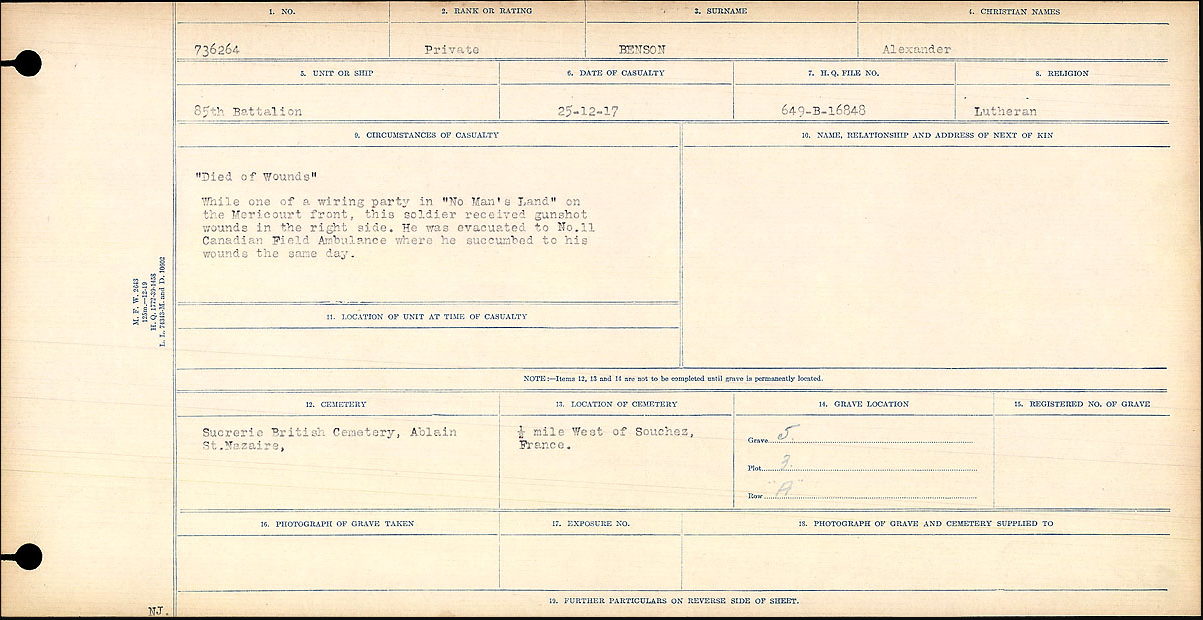
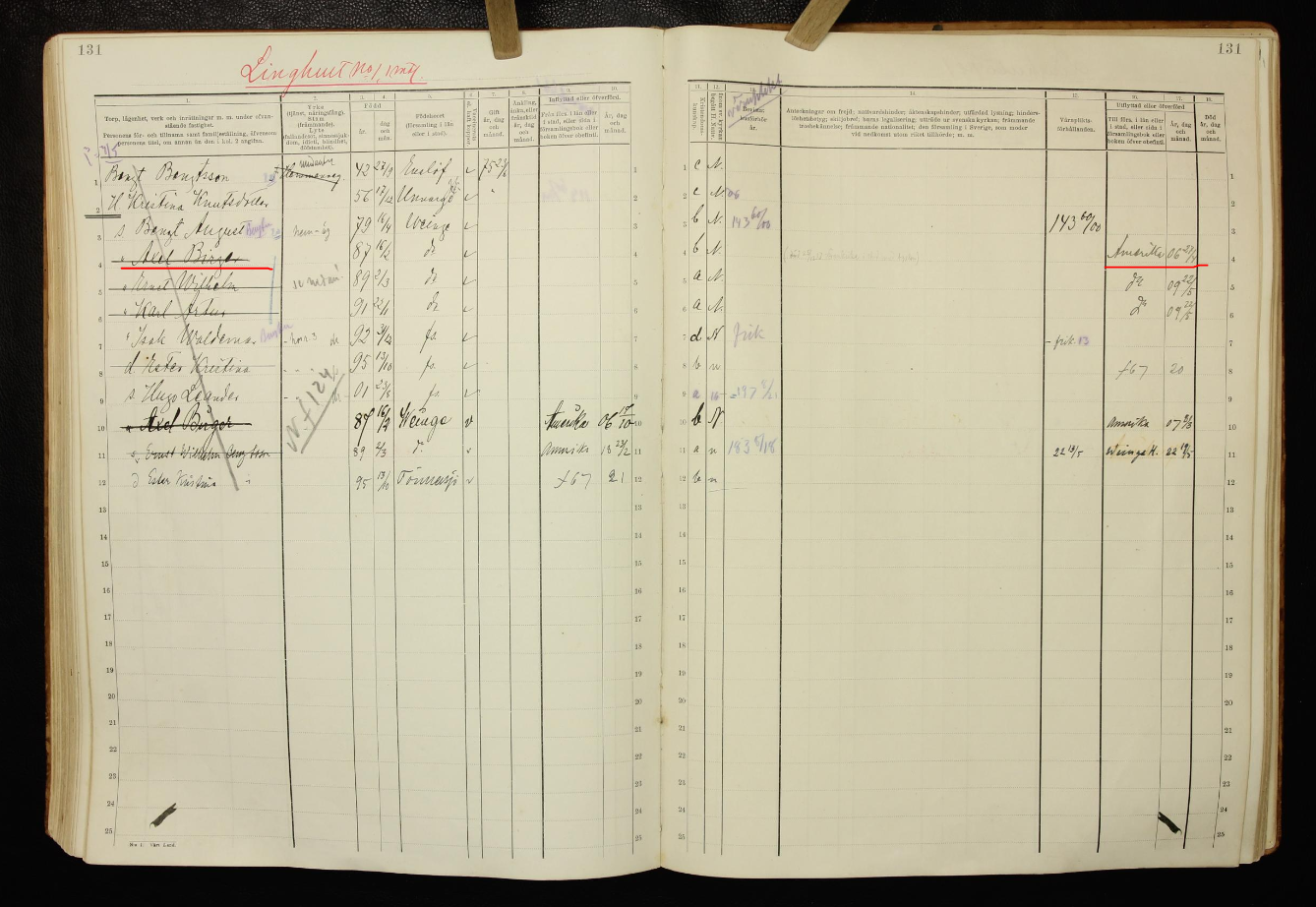
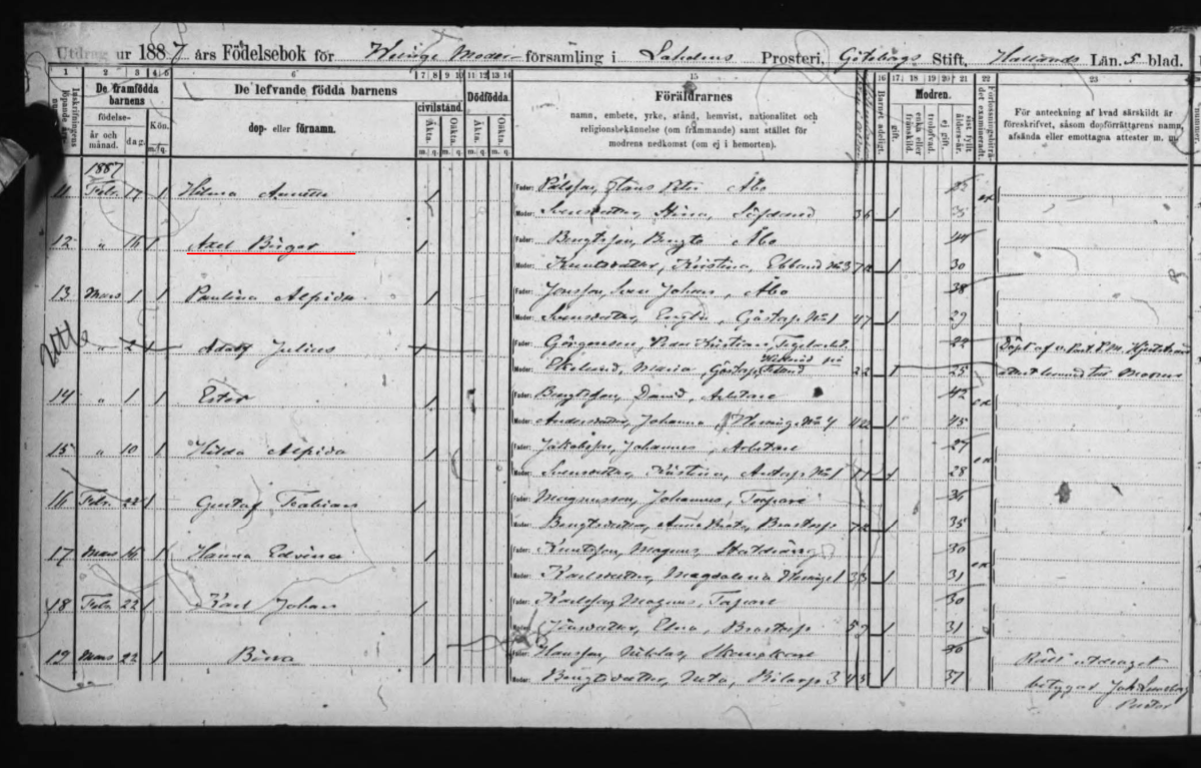
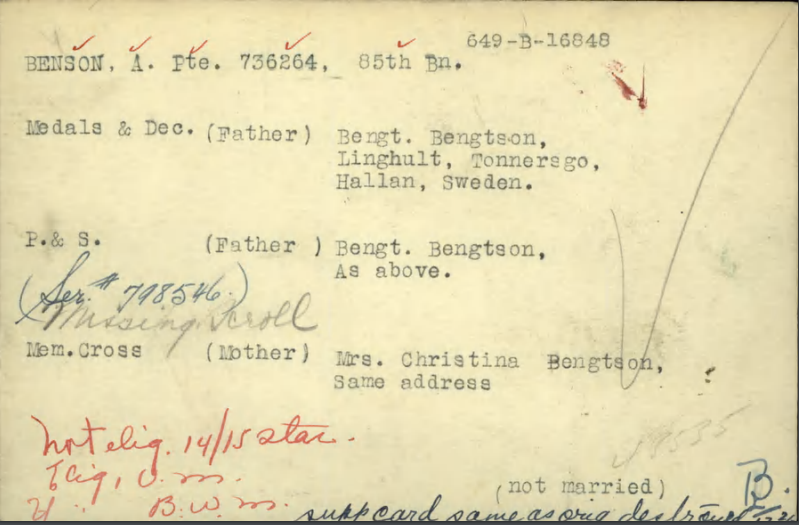
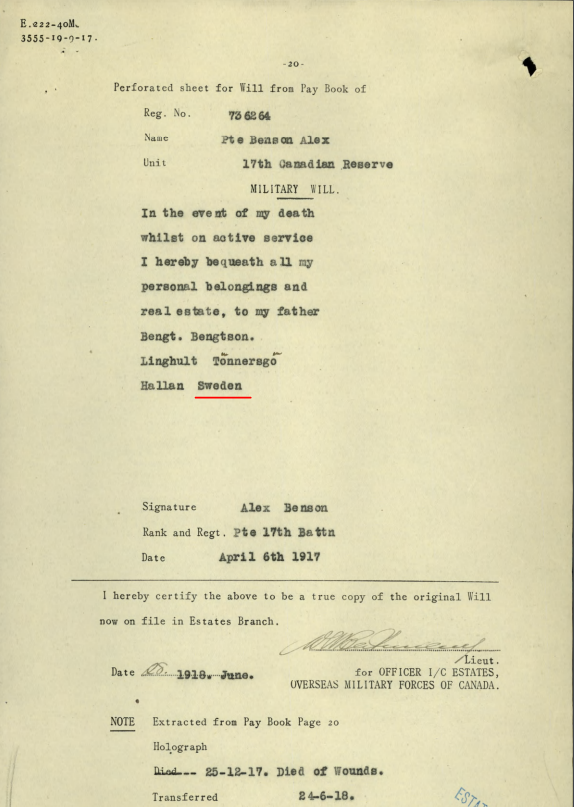


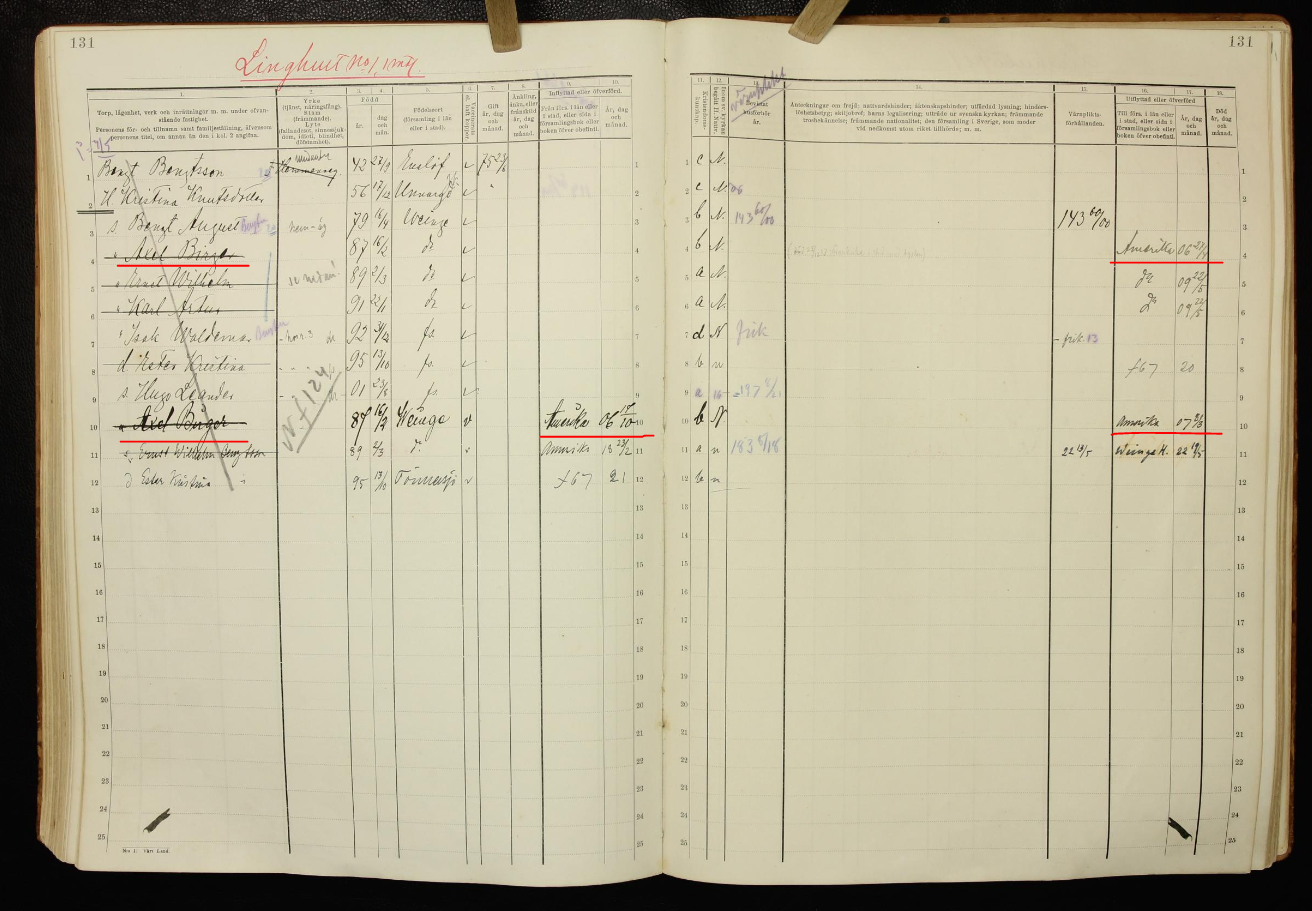
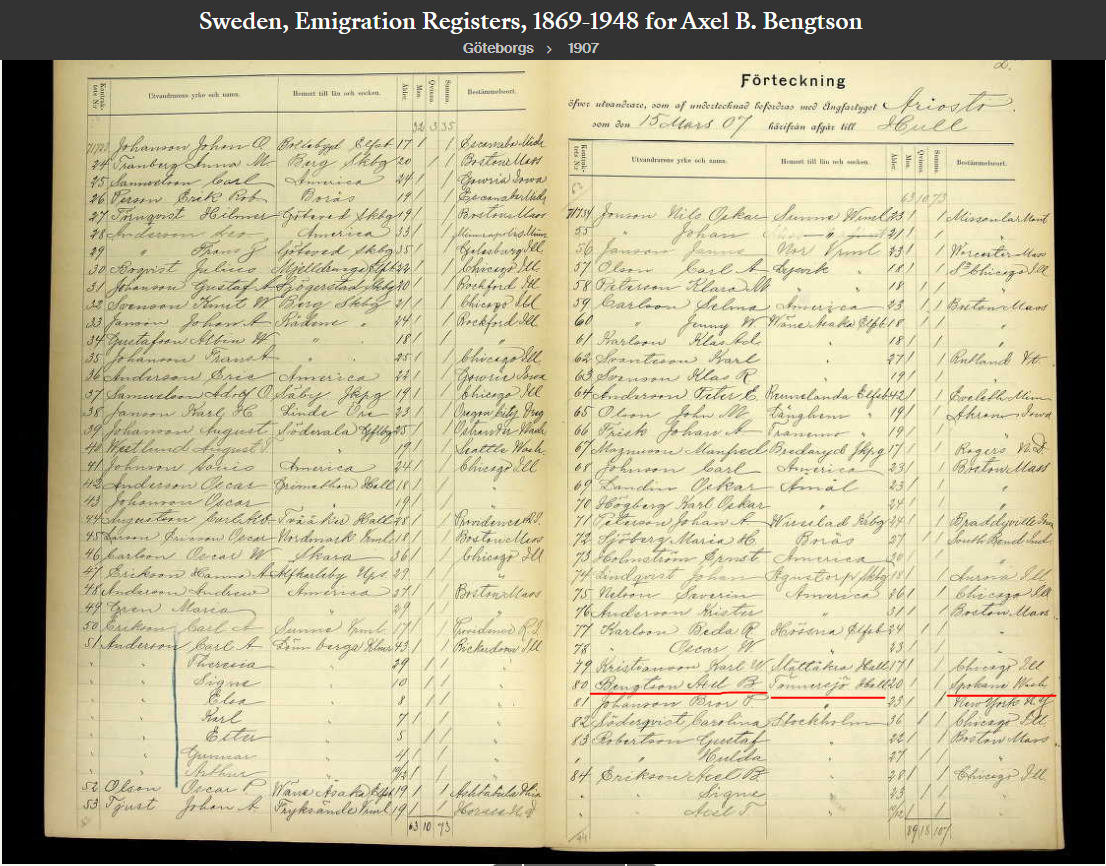
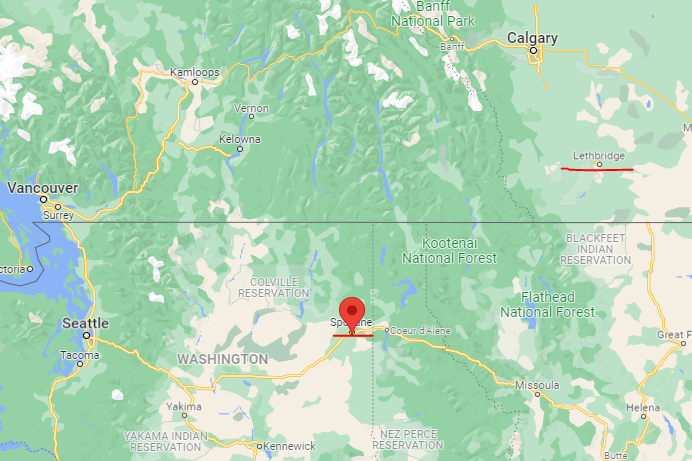


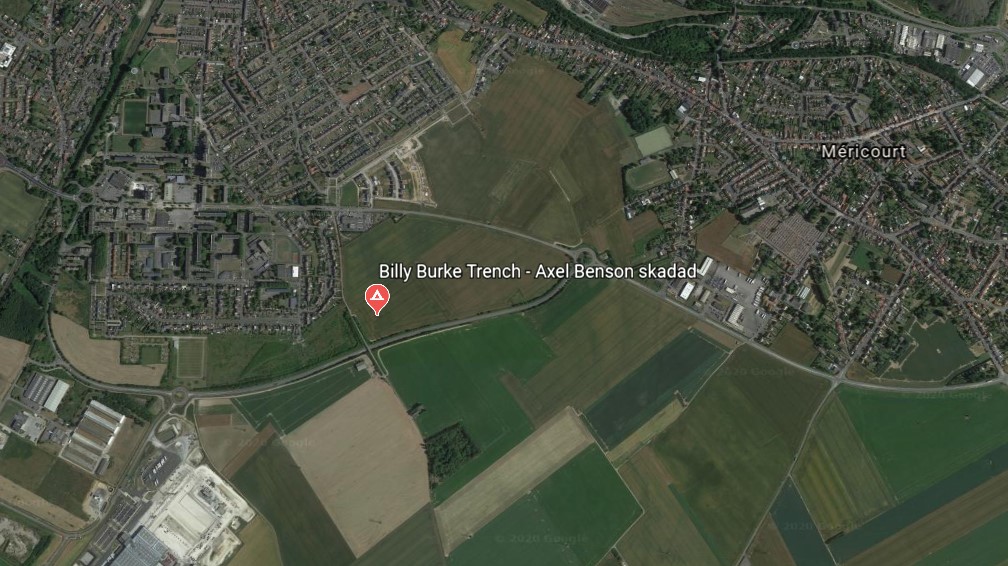
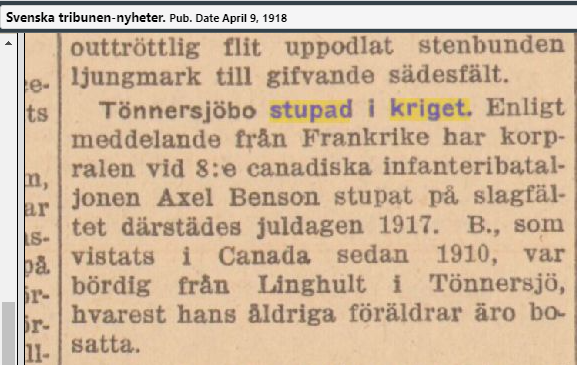
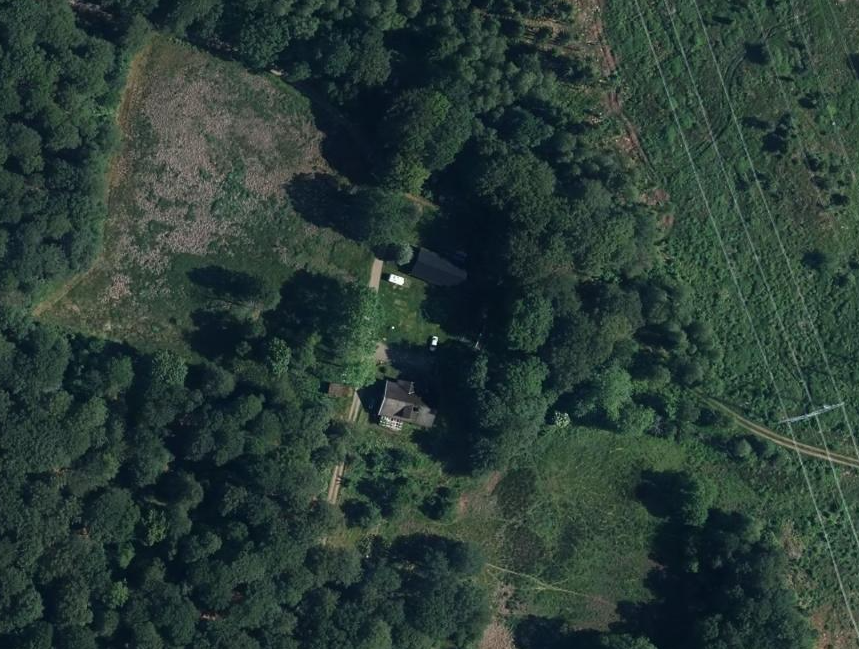


I believe Pte Benson was the man my grandfather, Walter J Goodfellow, spoke of about the time he and another fellow were standing next to each other in No Man’s Land. He told my mother that “one night the man standing next to me was shot and killed by a sniper.” Benson was the only match I was able to find in the 85th Bn’s War Diary and they both signed up with the 113th Bn in Lethbridge Alberta.
I believe Pte Benson was the man my grandfather, Walter J Goodfellow, spoke of about the time he and another fellow were standing next to each other in No Man’s Land. He told my mother that “one night the man standing next to me was shot and killed by a sniper.” Benson’s death was the only match I was able to find in the 85th Bn’s War Diary and they both signed up with the 113th Bn in Lethbridge Alberta.
Hi Ronald! Thank you very much for your comment, that sounds really interesting! I will definitely look into this! Feel free to post any other information if you have! Best regards, Joacim
Benson’s death was avoidable because shortly after he was shot by a sniper, the War Diary noted ; “Wiring Party carrying wire as moon too bright for wiring.”
The weather had been cold with fresh fallen snow and Col Joseph Hayes’s book “The 85th in France and Flanders” commented that “The nights were bright moonlight which only increased the danger for patrols and working parties.”
So the next time I visit the battlefields I will visit Benson’s grave and raise a glass to thank him for taking a bullet that just as easily could have been aimed at my grandfather. Otherwise, I wouldn’t be here writing a book about it!
Axel Birger Benson var min farfars morbror